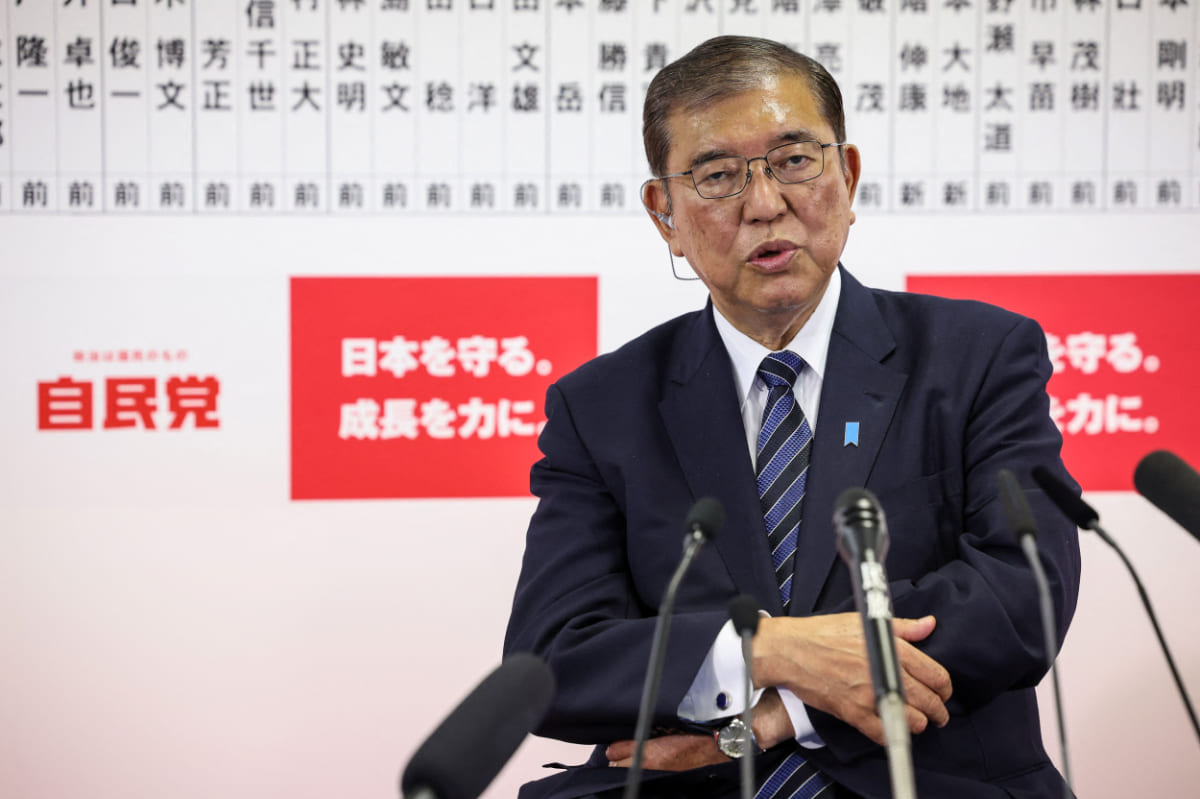
Let’s get started!!
Japan’s ruling coalition lost its majority in the Lower House in an election on Oct. 27. The results show that voters are angry about the governing party’s money scandals.
Prime Minister Shigeru Ishiba’s Liberal Democratic Party (LDP) is still the top party in parliament. However, the results create political uncertainty. Not having a majority makes it difficult to pass policies.
The LDP and its coalition partner Komeito won 215 seats, which is down from the 288 it previously held. This is also less than the 233 seats needed for a majority.
Meanwhile, the Constitutional Democratic Party of Japan, the largest opposition party, increased its seats from 98 to 148.
Ishiba dissolved the Lower House only eight days after taking office on Oct.1. He wanted to win support during a time of high approval ratings for a new prime minister.
与党の自民・公明両党は、10月27日の選挙で衆議院の過半数を割り込んだ。この結果は、有権者が与党の政治資金問題に対して厳しい目を向けていることを表している。 依然として自民党は国会内で最大勢力を保っているが、この結果により政治的な不安定さが生じている。過半数割れしたことで、政策を成立させることが困難になる。 連立政権を組む自民党と公明党は215議席を獲得したが、これは以前の288議席から減少し、過半数に必要な233議席を下回っている。一方、最大野党である立憲民主党は、議席数を98から148に増やした。 石破首相は、10月1日に就任してわずか8日後に衆議院を解散した。新首相としての高い支持率を背景に支持を集めようとした。
【p. 1 Top news】
本文のafter taking office on Oct. 1. は「10月1日に就任した後に」ということ。ここで使われているtake officeは大統領・首相・知事・市長などが「公職に就く、就任する」という意味を表す。
◆He took office as mayor on May 1.
(彼は5月1日に市長に就任した)




